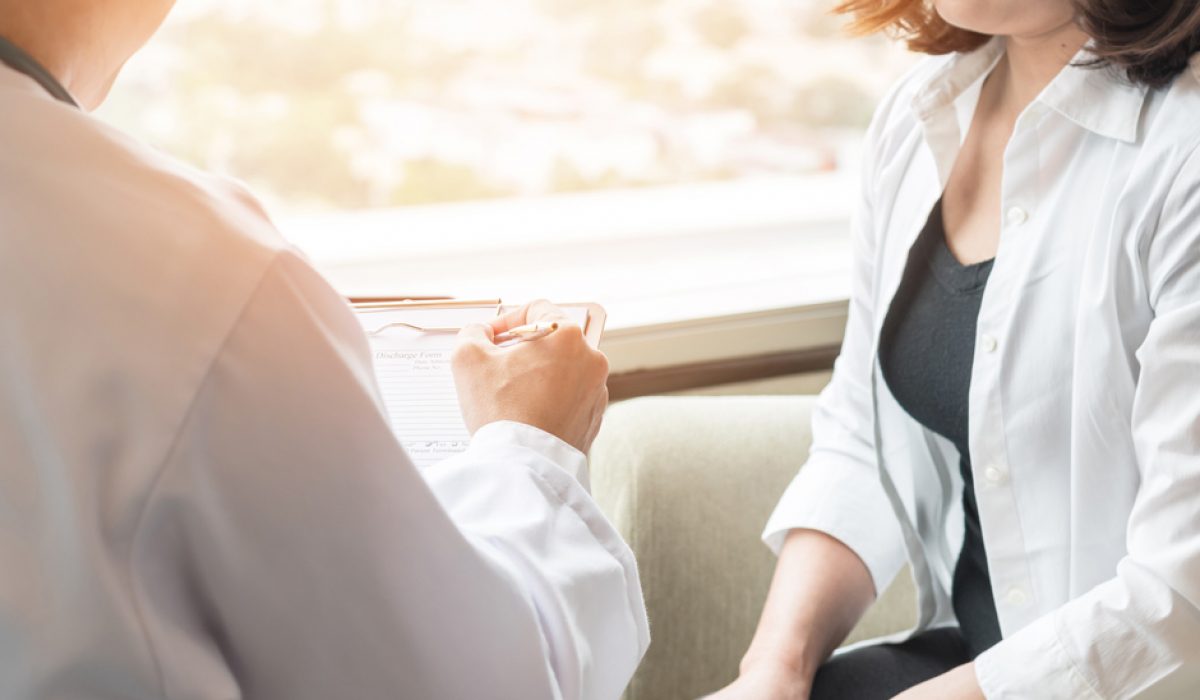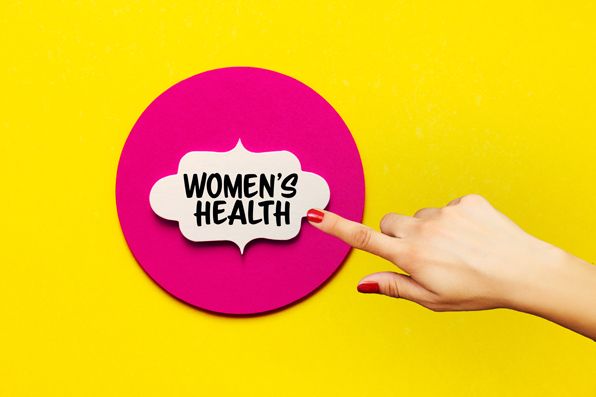How often have you seen your doctor over the past five years? According to research, 20% of people in the UK have not visited their GP in over a year. While that may seem like a good thing, as many people only tend to see their doctor when ill, it could also prevent early detection of medical conditions, which could then lead to more serious problems later in life.
This is where well woman checks and smear tests are effective.
Are smear tests really important?
All women should have a smear test (also called cervical screening) every three years to check for the presence of abnormal cells on the cervix. Abnormal cells may have the potential to become cancerous but they can also help identify other infections. Having abnormal cells does NOT mean that you have cancer. Attending regular smear tests means that any changes to cells can be detected early so that preventative treatment can be provided, before it ever has the chance to develop into anything more sinister.
Is it worth getting a well woman check?
This is a question that we often hear from both new and prospective patients, including and especially those who do not have any specific health concerns, but who want to keep on top of their health and stay ahead of any concerns that may arise in future. A well woman check allows you to do just that.
As a regular health screen, well woman checks are designed to provide you with a thorough understanding of your health, ensuring peace of mind and early intervention when necessary.
Health screenings are a proactive approach to healthcare, enabling the early detection of diseases and conditions that might otherwise go unnoticed until they become more severe, and difficult to treat. For women, certain screenings are particularly important due to the prevalence of female cancers (such as breast, the most common cancer overall in the UK according to Cancer Research UK; uterine, the fourth most common in women; and ovarian, the sixth most common in women) and other serious conditions.
Well woman checks not only help in identifying current health issues, but also in assessing risk factors based on family history, lifestyle and age. By keeping track of these factors, you can make informed decisions about your health and lifestyle, ultimately leading to a longer, healthier life.
What are the two types of well woman check?
At The Gynae Centre, we understand that every woman’s health needs are unique. This is why we offer two levels of well woman check, tailored to the health concerns of women at different stages of life. Our state-of-the-art screening technology ensures that you receive the most accurate and detailed information possible, giving you confidence in your health and wellbeing.
Well woman check – Level 1: For women up to 40 years
The level 1 check is designed for women under the age of 40. This screening includes;
- Questionnaire health screen – a detailed questionnaire to assess your health and other factors that could influence your wellbeing.
- Breast and gynaecology examination – thorough investigations to check for abnormalities in areas where the risk of cancer is higher.
- Pelvic ultrasound – a non-invasive scan to examine the reproductive organs, identifying abnormalities such as cysts, fibroids or other masses or pelvic disorders.
- Glucose and pre-diabetic tests – blood tests to measure glucose levels, helping to identify the risks of diabetes or pre-diabetic conditions.
- Blood count – a complete blood count (CBC) to check for anaemia and other blood-related issues.
- Liver and kidney function – tests to ensure that your liver and kidneys are functioning properly, as these organs are crucial for overall health.
- Vitamin D (ESK 1 profile) – a test to measure vitamin D levels, which is key for determining bone health and immune function.
Well woman check – Level 2: For women over 40 years
As women age, the risk for certain health conditions increases, which is why the well woman check Level 2 is tailored to those over 40. This screening includes everything in the Level 1 check, with the addition of:
- CA 125 for ovarian screen – a blood test to measure the level of CA 125, a protein that can be a marker for ovarian cancer. Early detection of ovarian cancer significantly improves treatment outcomes.
Should I wait until my well woman check to tell my gynaecologist about a health problem?
Dr Albert Aka, Consultant Gynaecologist, explains: “It is always best not to wait before discussing any health concerns with your gynaecologist, even if you are set to attend a well woman check in the near future. If you are experiencing symptoms or have noticed changes in your health that worry you, it is important to book a consultation as soon as possible.”
Your well woman check is a comprehensive screening designed to assess your overall health and detect potential issues, but it is not meant to replace consultations for immediate concerns. Waiting could delay diagnosis, so be sure to contact us right away.
You can book a consultation or a well woman check using our online booking form, or alternatively, call 020 7580 8090 to speak to a friendly member of our team.






